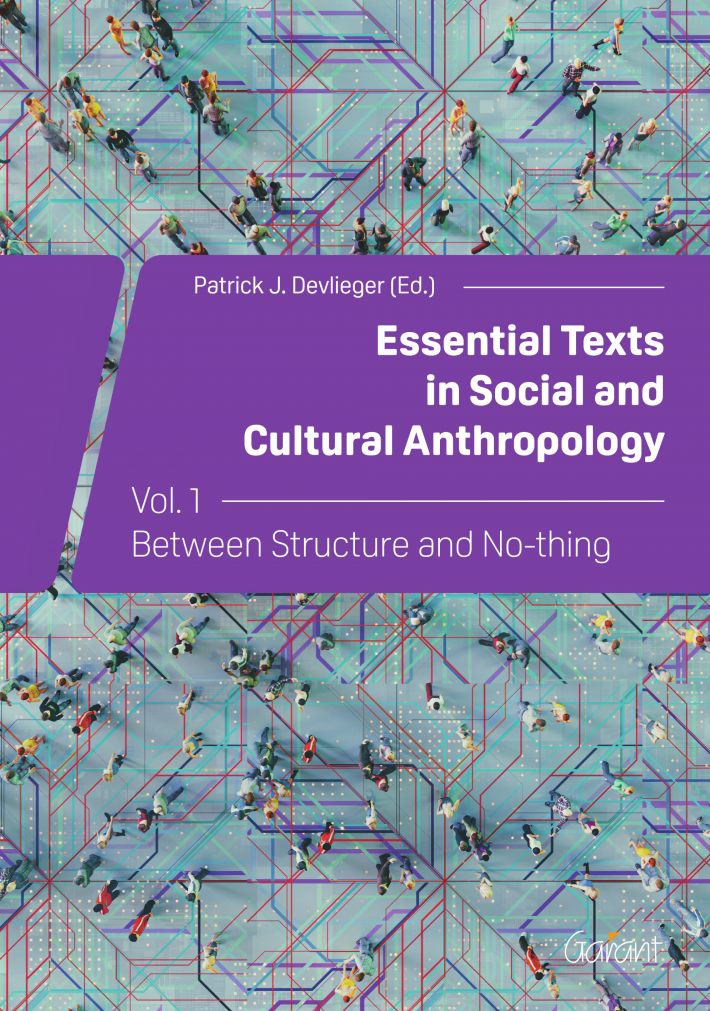dit werk kent de volgende uitvoeringen
verschijningsdatum31/01/2024

In this first volume of essential texts, on the history of anthropological theory, the rise and fall of the notion of structure is certainly one of the most important to note. In this book, this development is traced and held against an understanding of ethnographic practice. The book intently starts with a contemporary ethnographic example that serves as a backdrop for testing theoretical notions.
The movement through theory is one that oscillates between structure and no-thing (and perhaps back to some notion of structure), thus giving testimony of the remarkable survival skills of anthropology as an academic discipline and its readiness for new social and cultural transformations in contemporary contexts, and the possibility for embracing complexity (in multiple intersectional realities and in the imaginary. The selected texts have the purpose of being exemplary – in their use of anthropological theory – with the intent of facilitating a process of what is useful in scholarship and informative of ethnographic practice. The texts can explicate and challenge phenomena of social and cultural life and result in productive theory formation.
The book introduces readers to classic and more current anthropological theory roughly until the 2000 years, and before terrorism, pandemic and wars turned our attention elsewhere. Each chapter contains annotations to direct the student to important concepts and theories. In providing both the original text and clarifying annotations, readers can confidently develop in a variety of theoretical orientations.
Patrick J. Devlieger is an anthropologist who was trained at KU Leuven and the University of Illinois. He worked extensively within the anthropology of disability and for the last decade also in the history of leprosy sites and settlements. He has researched and taught in participatory fieldwork labs in Belgium, DR Congo, Canada, China, South Africa and New Zealand.